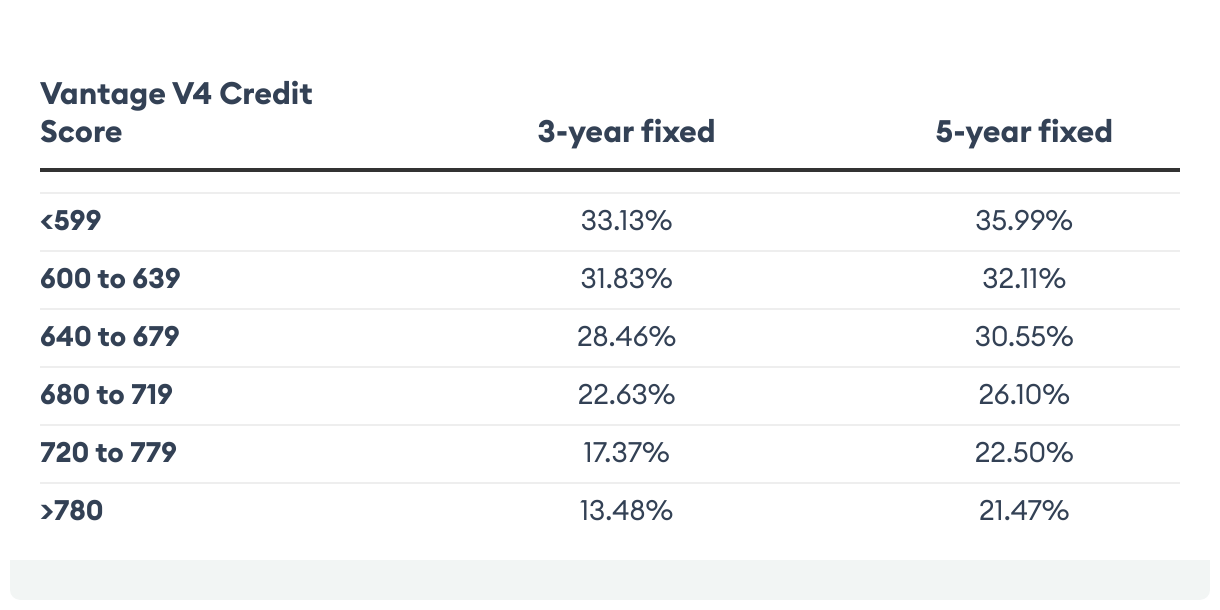
Understanding Business Taxation: What You Need to Know
admin
- 0
Running a business is an exciting and rewarding endeavor, but it also comes with a lot of responsibilities, including understanding and managing your business taxes. As a business owner, it’s crucial to have a solid grasp of business taxation to ensure you are compliant with the law and maximizing your tax efficiency. In this article, we’ll delve into the essential aspects of business taxation that every entrepreneur should be familiar with.
Types of Business Entities
Before diving into business taxation, it’s important to understand the different types of business entities. The most common forms of business entities include sole proprietorships, partnerships, limited liability companies (LLCs), and corporations. Each type of business entity has its own tax implications, so it’s crucial to choose the right structure for your business based on factors like liability protection, taxation, and operational flexibility.
Business Taxes
Businesses are subject to several types of taxes, including income tax, employment tax, sales tax, and property tax. Income tax is imposed on the profits generated by the business, while employment tax is levied on employee wages. Sales tax is charged on the sale of goods and services, and property tax is assessed on real estate and personal property owned by the business.
Business Deductions
One of the key benefits of running a business is the ability to deduct certain expenses from your taxable income. Common business deductions include expenses related to employee wages, office rent, utilities, supplies, advertising, and travel. By taking advantage of these deductions, you can reduce your taxable income and lower your overall tax liability.
Recordkeeping
Accurate recordkeeping is essential for proper tax compliance and financial management. As a business owner, you should maintain detailed records of all financial transactions, including income, expenses, assets, and liabilities. This information will not only help you prepare your tax returns accurately but also provide valuable insights into your business’s financial health and performance.
Tax Planning
Tax planning involves strategically managing your business finances to minimize your tax liability. By understanding your tax obligations and taking advantage of available deductions and credits, you can optimize your tax situation and keep more of your hard-earned money. It’s advisable to work with a qualified tax professional to develop a tax planning strategy that aligns with your business goals and addresses your specific tax needs.
Compliance Requirements
As a business owner, it’s crucial to comply with all relevant tax laws and regulations to avoid penalties and legal repercussions. Make sure to file your tax returns on time, pay the appropriate amount of taxes owed, and keep accurate records of your financial transactions. In addition, stay informed about any changes to tax laws that may affect your business and seek guidance from a tax professional if you have any questions or concerns.
Conclusion
Business taxation can be complex and overwhelming, but with the right knowledge and guidance, you can navigate the tax landscape effectively and ensure your business’s financial success. By understanding the different types of business entities, knowing your tax obligations, keeping meticulous records, implementing tax planning strategies, and meeting compliance requirements, you can stay on top of your business taxes and focus on growing your business. Remember, when it comes to business taxation, knowledge is power.
For more information on business taxation, consult with a tax professional or visit the official website of the Internal Revenue Service (IRS) for up-to-date tax guidance and resources.

